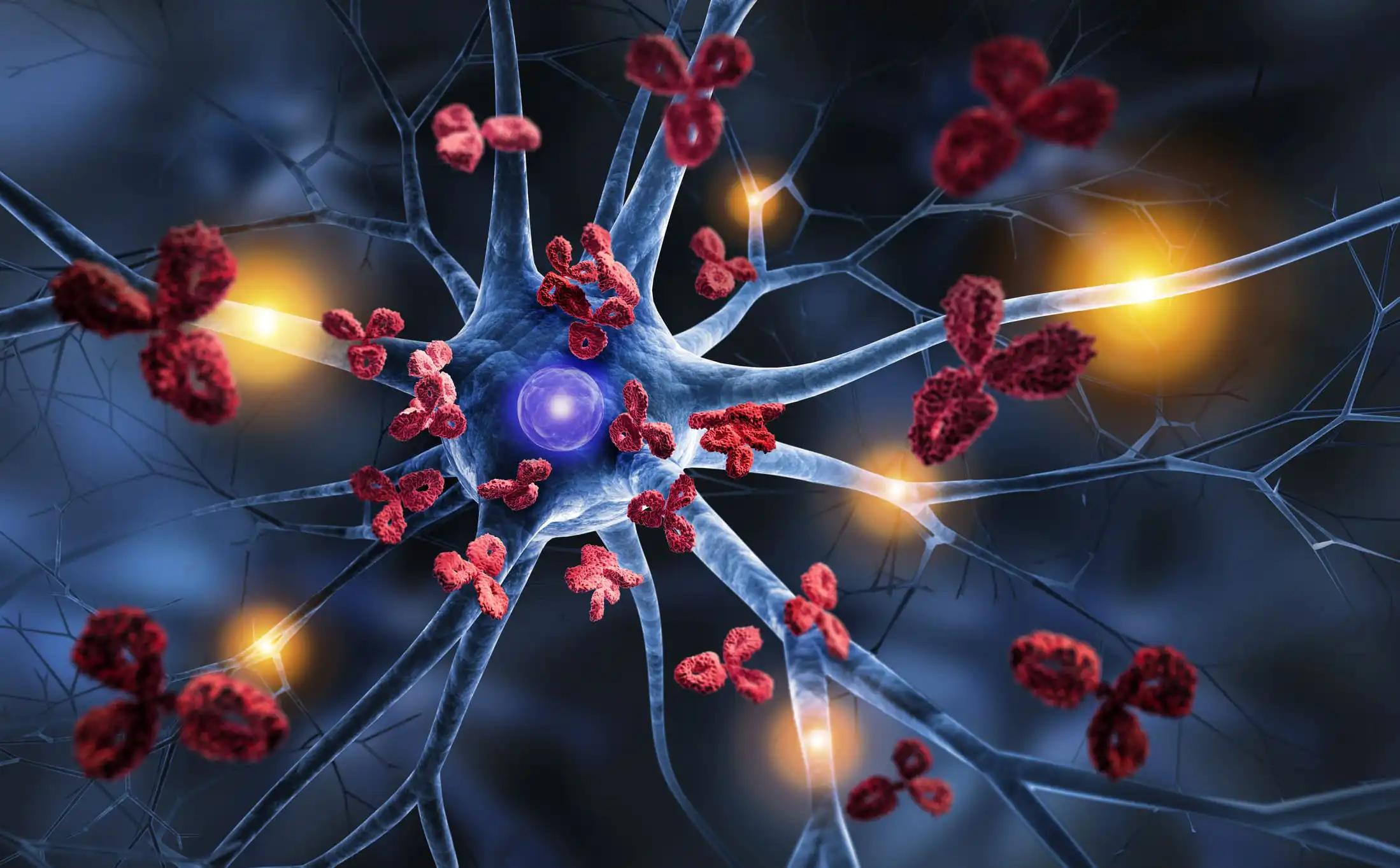KEY TAKEAWAYS
- The study aimed to investigate the effects of AI-assisted contouring and teaching on contouring quality and time among radiation oncologists in LMICs.
- The results suggested that AI-assisted contouring is safe and beneficial for radiation oncologists working in LMICs.
Most studies on artificial intelligence-based auto-contouring (AI-assisted contouring) for organs-at-risk (OARs) have been conducted in high-income countries. However, the effectiveness and safety of this technology may vary based on local factors, particularly in the context of head and neck cancer.
Mathis Ersted Rasmussen and the team aimed to investigate the impact of AI-assisted contouring and teaching on contouring time and the quality of contours produced by radiation oncologists working in low- and middle-income countries (LMICs).
About 97 radiation oncologists were randomly assigned to either manual or AI-assisted contouring of eight OARs for 2 head-and-neck cancer cases. The study included a teaching session on contouring guidelines between these 2 cases.
This design allowed for the quantification of the effects of both teaching and AI-assisted contouring. Participants then completed short-term and long-term follow-up cases, all using AI assistance.
Contour quality was evaluated using the Dice Similarity Coefficient (DSC), comparing the radiation oncologists’ contours to expert consensus contours. Group comparisons were made using absolute differences in medians with 95% CI.
Without prior teaching, AI-assisted contouring increased the absolute DSC for the optic nerve, oral cavity, parotid gland, spinal cord, and mandible. AI-assisted contouring also decreased contouring time for the brain stem, mandible, optic nerve, parotid gland, and thyroid. Teaching, without AI assistance, increased DSC for the oral cavity and thyroid. However, it also increased contouring time for the mandible, oral cavity, and thyroid.
The findings suggested that AI-assisted contouring is safe and beneficial for radiation oncologists working in LMICs. However, researchers recommend conducting prospective clinical trials to confirm these effects before implementing AI-assisted contouring in clinical practice.
Funding was received from Varian Medical Systems.
Source: https://pubmed.ncbi.nlm.nih.gov/39236283/
Rasmussen ME, Akbarov K, Titovich E, et al. (2024). “Potential of E-Learning Interventions and Artificial Intelligence-Assisted Contouring Skills in Radiotherapy: The ELAISA Study.” JCO Glob Oncol. 2024;10:e2400173. doi:10.1200/GO.24.00173



